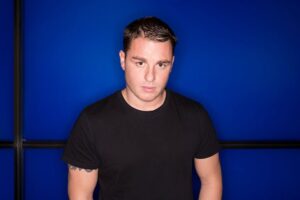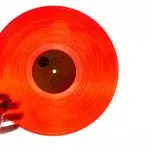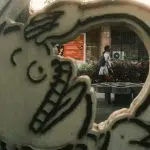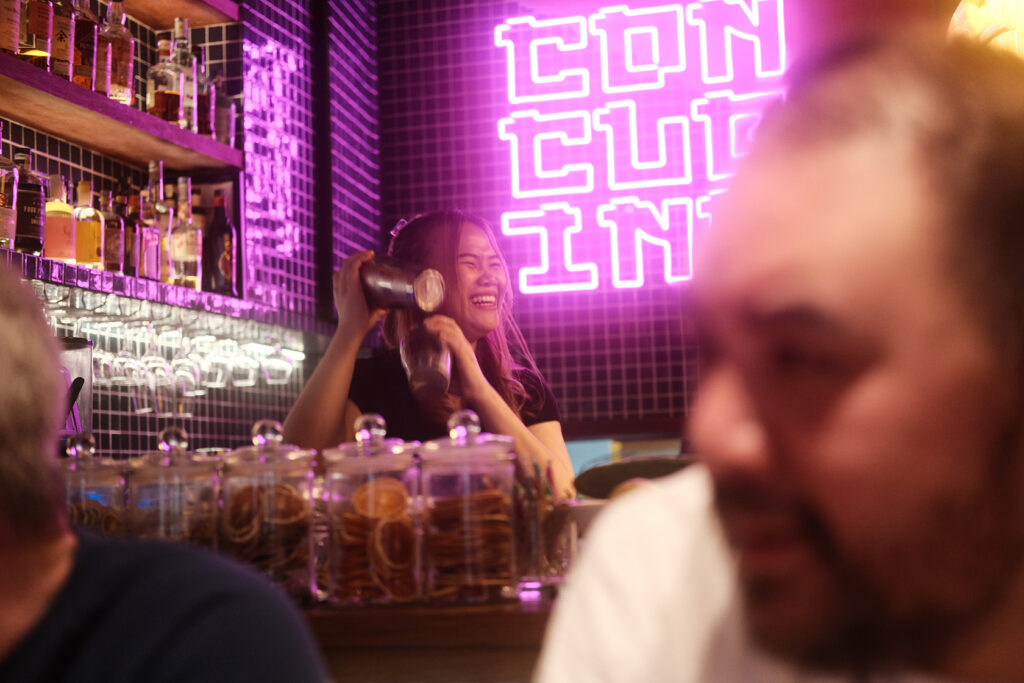Thanks for talking to us this afternoon, Markus. Where in the world do we find you today?
Markus: Hi guys, thanks for having me. Currently speaking to you from Melbourne, Australia. I had quite the trip to get here; from Hong Kong to San Francisco on Sunday for 13 hours, played Beyond Wonderland Bay Area, flew to Los Angeles and then 15 hours to Melbourne. So my body clock is probably clueless right now!
Well, we’ll take it easy on you! We’re chiefly here to discuss your new mix compilation release, ‘Trance Nation Mixed By Markus Schulz’. As it’s your first in yours and the series’ long, estimable history, it feels like it’s been a long time coming. Do you feel likewise!?
Markus: It’s an incredible honour to be asked. I remember when I moved to London in 1999 and walking around Brixton; there would be flyers plastered all over the buildings and bridges promoting the very first Trance Nation, mixed by some unknown guy named Ferry Corsten.
If you asked me that at some point in the future I’d ever be mixing an edition myself, I wouldn’t have believed you. But now, I regard it as another chapter in a relationship I have been so lucky to establish with the people behind the Ministry of Sound club and brand.
The biggest challenge was producing a compilation worthy to match the prestige of the series.
You’ve been a resident at the Ministry of Sound’s Gallery nights for a considerable while now. How long’s it been exactly and what memories stick out from your earliest nights playing there?
Markus: There’s something truly special when you say the words “Ministry of Sound resident”.
I have been working closely with them since 2008. In February of that year, I played at one of the final ever nights at The Gallery’s former home, and another iconic London venue, Turnmills. There was quite a bit of uncertainty and part of me wondered how long it would be before I had the chance to play at a club in London again.
But the best thing possible happened, with The Gallery taking over Friday nights at Ministry of Sound. So I was booked to play one of the first shows there in May of that year. And honestly, as soon as I stepped foot back into that venue, but for the first time as a DJ, there was an instant chemistry.
That gig in particular was very important, particularly the role played by the fans. A month later I was in Ibiza, having dinner before a night at Amnesia. My mouth was full of bread and the phone rang, and it was right there when they asked me to become their international resident. We haven’t looked back since.
I think the biggest compliment I can pay about the residency is that it was the catalyst for the open to close solo sets elsewhere. People saw what was happening at MOS it helped open doors for me at other respected venues in various worldwide cities.
Your history with Ministry goes back further even than your shows there of course. You used to have studios just down the road from the club in Coldharbour Lane. What initially prompted you to up sticks from the States and move to London?
Markus: By the end of the nineties I felt completely burned out. I was living in Arizona and had just completed a seven year residency at a club called The Works, but it closed down and got converted into a parking lot. The frustrations in trying to succeed outside of the state were enormous, especially in the infancy days of the internet. It was incredibly difficult to feel the pulse of what was going on in the scene worldwide.
So in an effort to rediscover who I was musically, I moved to London and lived on Coldharbour Lane for two years. I look back and think of everything up to that point as “learning” for my career, and my actual career commencing from London onwards. This was where I began to click as a producer, and figured out that if I can make music that is good enough for me to play in my own sets, then other DJs could play it as well.
Of all the DJs you caught at the club at that time, whose set do you remember finding most inspirational?
Markus: That was one of the most important aspects of London – having the opportunity to be a clubber, watch and study the big international DJs performing. I took a lot of inspiration from Sasha & Digweed, Paul Oakenfold, Judge Jules and Carl Cox at the time. Xpander was practically the soundtrack of my early days in London.
I think that’s why the residency at the club is so important to me; because I have been on the other side of the DJ booth and can understand the importance of the connection between performer and clubber.
When you play there nowadays, what set time do you find to be optimal?
Markus: Open to close! Haha. If I had my wish, I’d do that on every appearance there.
The club is quite unique in that it opens at around 10-10:30, and all the other rooms have music up and running, except for the main room, called The Box (hence the Lost in the Box track name). It opens at midnight. So when you’re the first DJ in the main room, there is a sudden rush from the fans to fill the room as soon as the clock strikes midnight. The nights generally run until about 6am.
What I’ve loved most about the residency is that there is an element of trust within the audience, and it is arguably the best setting in the world for road-testing material that no one has ever heard before. I never feel confident releasing anything until I have played it first at Ministry of Sound.
Find out next page as he revealed more about Trance Nation Mix compilation








